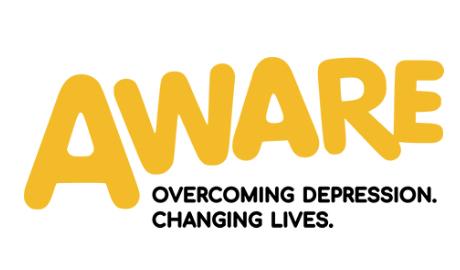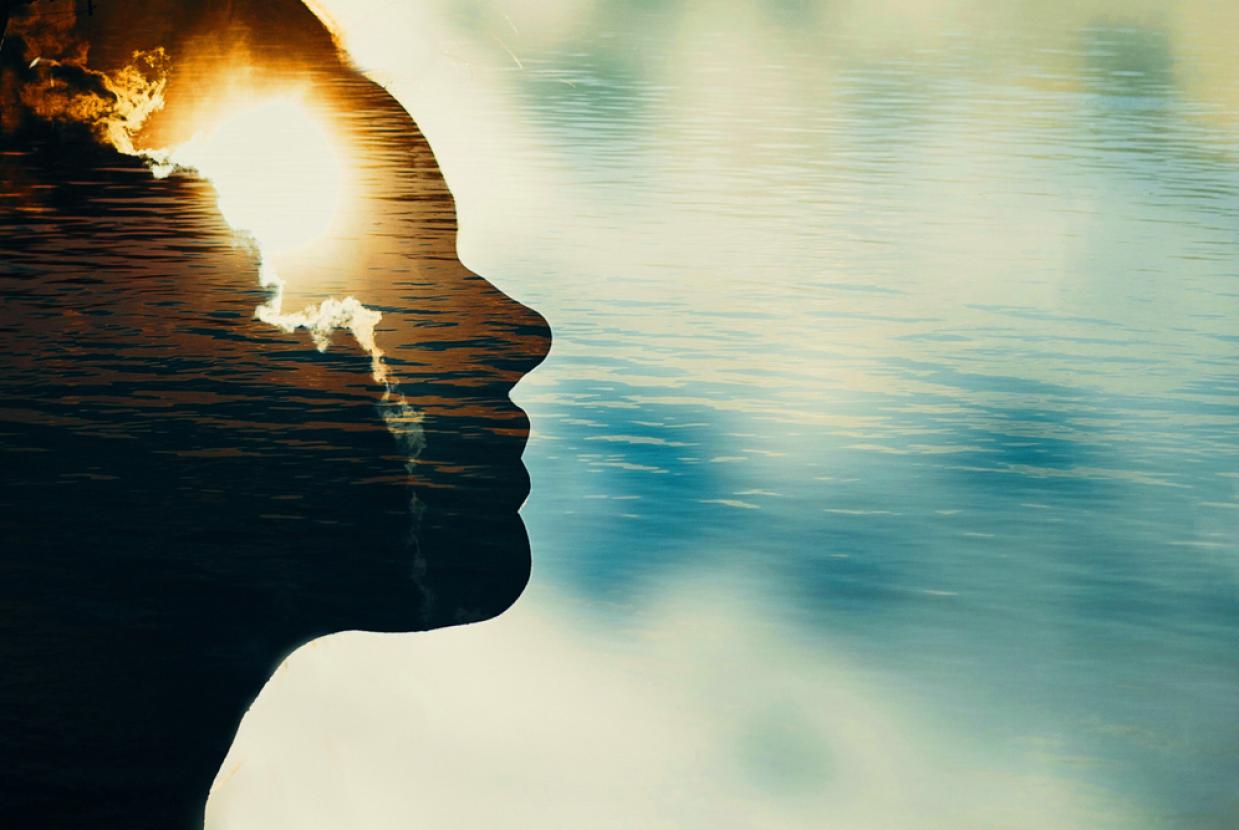Postnatal Depression
Postnatal depression (PND) is an illness that can affect a woman following the birth of her child. It is also not uncommon for this illness to affect fathers. About one third of mothers will have developed the symptoms of depression during pregnancy. These symptoms include tiredness, anxiety and irritability.
But with PND, there may not be strong feelings of sadness or unhappiness. This may mean that those affected don’t seek help as they believe it is the result of sleep loss and coping with the demands of a new baby.
Is PND different from the 'baby blues?'
The ‘baby blues’ are experienced by about half of all women following the birth of a child. It usually starts on the third day after birth. Symptoms include feeling tearful and/or irritable for little or no reason. These are due to hormonal changes and for most women last only one or two days but no longer than 10 days. PND generally starts a few weeks after the birth and lasts longer.
Who’s at risk of developing PND?
You are more likely to have PND if you previously had mental health problems, including depression or anxiety during pregnancy, have little support from family or friends or had a recent stressful event e.g. bereavement, relationship ending or losing a job. You will also be more susceptible if you have current issues in your life such as relationship or financial problems.
How does PND affect someone?
You may have some or all of the following symptoms:
- Feeling really anxious – most mothers worry about their baby. If you have PND, the worry can be overwhelming. You may worry that your baby is ill, not putting on weight, crying too much or even worry about harming your baby. You may worry that you have a physical illness or that you will never get better Irritability - with your partner, baby or other children
- Tiredness – all new mothers get tired but depression can make you feel exhausted and lacking in energy
- Unhappiness/sadness - feeling worse at certain times of the day
- Sleeplessness - unable to fall asleep despite tiredness. Lying awake worrying or waking during the night even when your baby is asleep. Waking too early, before your baby
- Appetite changes – poor appetite, forgetting to eat or eating for comfort and then feeling guilty
- Loss of enjoyment – not enjoying or interested in anything, even your baby. Negative and guilty thoughts – e.g. ‘I’m a bad mother’, ‘I can’t cope’ ‘I don’t love my baby’ leading to loss of confidence and feelings of guilt.
The number and severity of symptoms will determine whether the depression is diagnosed as mild, moderate or severe. A very small number of women with severe depression develop psychotic symptoms. They may hear voices and have unusual beliefs. If you feel this is happening to you, seek help from your GP right away. This is very treatable and everything will be done to ensure you and your baby can stay together.
What helps for postnatal depression?
Mild PND may get better with time and good support but you should still see your GP or health visitor so that the symptoms can be monitored. They can help you decide if you do need treatment and which is right for you. The three main types of help are:
Talking therapies (psychotherapies) - Cognitive behavioural therapy (CBT) has been proven very effective for mild/moderate depression and in preventing relapse. It works on the basis that if we change our unhelpful thinking patterns and behaviour it will improve how we feel. However, if waiting lists are long there are lots of excellent self-help books, many of them based on CBT. Other types of therapy and counselling are also available.
Medication - Anti-depressants are effective in treating moderate/severe depression. They are not addictive and have few serious side effects. However, some are safer than others if you are breastfeeding or pregnant. Ask your GP for advice.
Self-help strategies - When we’re depressed, we tend to do less because of the tiredness, difficulty sleeping/eating, and negative thinking. We often stop doing things we used to enjoy. It can get so bad that we can't do daily tasks or go to work. We stay in bed or stay at home doing very little and isolate ourselves from friends and family.
Increasing our activity levels can make a big impact on our mood but it's important to get a balance of activities which give you a sense of closeness for example talking to friends or family or going to a parent and toddler group. Do things that you will enjoy like going for a walk, reading or listening to music.







































































































